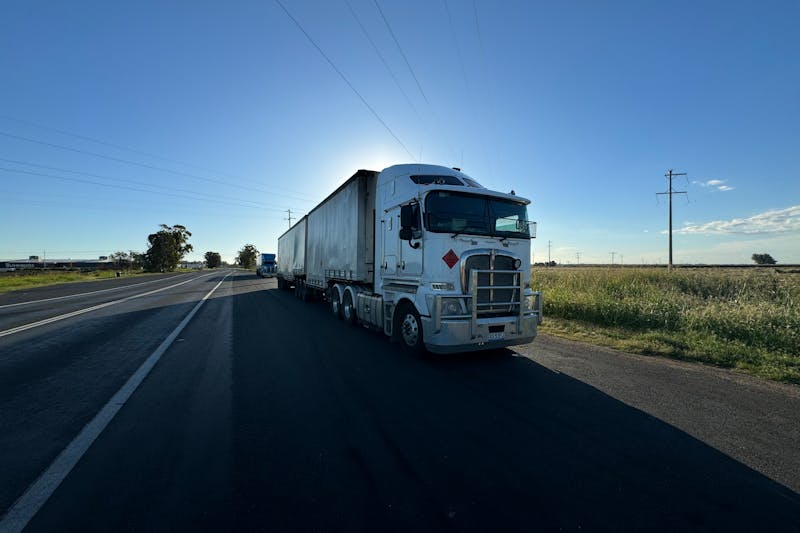UNDERSTANDING THE CAMP LEJEUNE LITIGATION
If you have watched any TV in the past few months you have seen a commercial or new story about Camp Lejuene Lawsuits. So what is it? I thought we could discuss what this litigation is about, why we are hearing so much about it now and what to do if you have been impacted. So here are those questions with a couple of brief answers:
1. WHAT ARE THE CAMP LEJUENE CLAIMS AND LAWS WE ARE HEARING SO MUCH ABOUT?
To understand why it is such a big deal you have to know a little about the history. Basically, between 1953 and 1987, drinking water at Camp Lejeune, military base in North Carolina, was contaminated with dangerous chemicals linked to cancer, Parkinson’s disease, birth defects, and more. Once the impact became know, which took decades, hundreds of families filed lawsuits to get help for these illnesses. Unfortunately, all these lawsuits were dismissed in 2016 based on a law in North Carolina known as a statute of repose. This created outraged and the legislature is in the process of passing a law that will because it meant that thousands of innocent victims (including military veterans and their families) would be denied compensation for serious injuries. In response, a new federal law was proposed in Congress called the Camp Lejeune Justice Act (“CLJA
2. WHO IS ELIGIBLE TO FILE A CLAIM?
In order to be eligible to file a claim, individuals and military personnel must have lived or served at Camp Lejeune for at least 30 days between August 1953 and December 1987 and have been diagnosed with an illness or health problem caused by toxic water contamination at the base. Primary caretakers of those affected, such as spouses and children, can also file on behalf of their loved one who was affected during that time period. Presently, these conditions are the only ones for which there is sufficient scientific and medical evidence to support the creation of presumptions; however, VA will continue to review relevant information as it becomes available.
• Adult leukemia
• Aplastic anemia and other myelodysplastic syndromes
• Bladder cancer
• Kidney cancer
• Liver cancer
• Multiple myeloma
• Non-Hodgkin’s lymphoma
• Parkinson’s disease
3. WHEN SHOULD SOMEONE CONTACT THE HIGGINS FIRM?
Immediately. These lawsuits can only be filed in North Carlonia and we are partnering with one of the lead firms on these case. We aniticape the president to sign the law allowing the cases to proceed very soon and once that happens there will be a waive.
ARTICLE ON THE BILL AND LITIGATION:
For over 30 years, between 1953 and 1987, drinking water at Camp Lejeune was contaminated with dangerous chemicals linked to cancer, Parkinson’s disease, birth defects, and more.
Several hundred victims of the Camp Lejeune water contamination have previously filed civil lawsuits seeking financial compensation for their injuries. Around 850 of these plaintiffs were consolidated into a multi-district litigation (MDL) (In re: Camp Lejeune, NC Water Contamination Lit., 1:11-MD-2218 (E.D. NC). Unfortunately, all these lawsuits were dismissed in 2016 based on a law in North Carolina known as a statute of repose.
A statute of response is a type of statute of limitations law that says that a civil lawsuit must be filed within a certain maximum amount of time, regardless of whether the victim even knows the cause of the injury or death. North Carolina’s statute of repose, requires all tort lawsuits to be filed within 10 years. This essentially precluded every Camp Lejeune water contamination lawsuit and led to the dismissal of the MDL cases in 2016.
The dismissal of the Camp Lejeune water contamination lawsuits created public outrage because it meant that thousands of innocent victims (including military veterans and their families) would be denied compensation for serious injuries. In response, a new federal law was proposed in Congress called the Camp Lejeune Justice Act (“CLJA”).
1. What is the Camp Lejeune Justice Act of 2022? Introduced in the House of Representatives in January, the Camp Lejeune Justice Act was recently passed in both the House and Senate. The bill, which will benefit veterans and their families who have suffered harm from being exposed to contaminants in the drinking water, is on the verge of being signed into federal law.
2. Can I pursue a Camp Lejeune contaminated water claim? To be eligible to file a lawsuit, you must be able to show that you were exposed to the water at Marine Corps Base Camp Lejeune or Marine Corps Air Station (MCAS) New River in North Carolina for at least 30 days, sometime between August 1, 1953, to December 31, 1987, and demonstrate that the contaminated water caused you to suffer harm.
3. What caused the water contamination at Camp Lejeune? Leaks and spillages from underground waste disposal sites and other improper disposal practices at an off-base dry cleaner contaminated the water treatment plants and distribution systems at Camp Lejeune and MCAS New River. Hadnot Point and Tarawa Terrace were the 2 primary water plants, and sometimes the water was also distributed from the Holcomb Boulevard system.
4. What was found in the water serving base housing and other buildings? Volatile organic compounds (VOCs) were found in drinking water samples of two on-base water wells that were in operation until 1985. In total, roughly 70 toxic chemicals were discovered in the base water supplies, including hazardous degreasers, benzene, perchloroethylene (PCE), trichloroethylene (TCE), dry-cleaning solvents, and vinyl chloride.
5. What presumptive health conditions have been associated with the contaminated water? According to the United States Department of Veterans Affairs (VA), medical and scientific evidence has uncovered a connection between exposure to water contaminants at Camp Lejeune and the development of certain diseases, such as adult leukemia, kidney cancer, liver cancer, non-Hodgkin’s lymphoma, multiple myeloma, Parkinson’s disease, aplastic anemia, and other myelodysplastic syndromes.
6. What damages could I recover in my Camp Lejeune water contamination lawsuit? Although it is difficult to estimate what your case is worth, our leading toxic exposure attorneys are passionately devoted to obtaining the highest possible compensation for clients seriously affected by water contamination.




![Average Settlement for Car Accidents in Nashville [What to Expect in 2025]](https://www.thehigginsfirm.com/wp-content/uploads/2025/03/car-accident-settlement.jpg)
